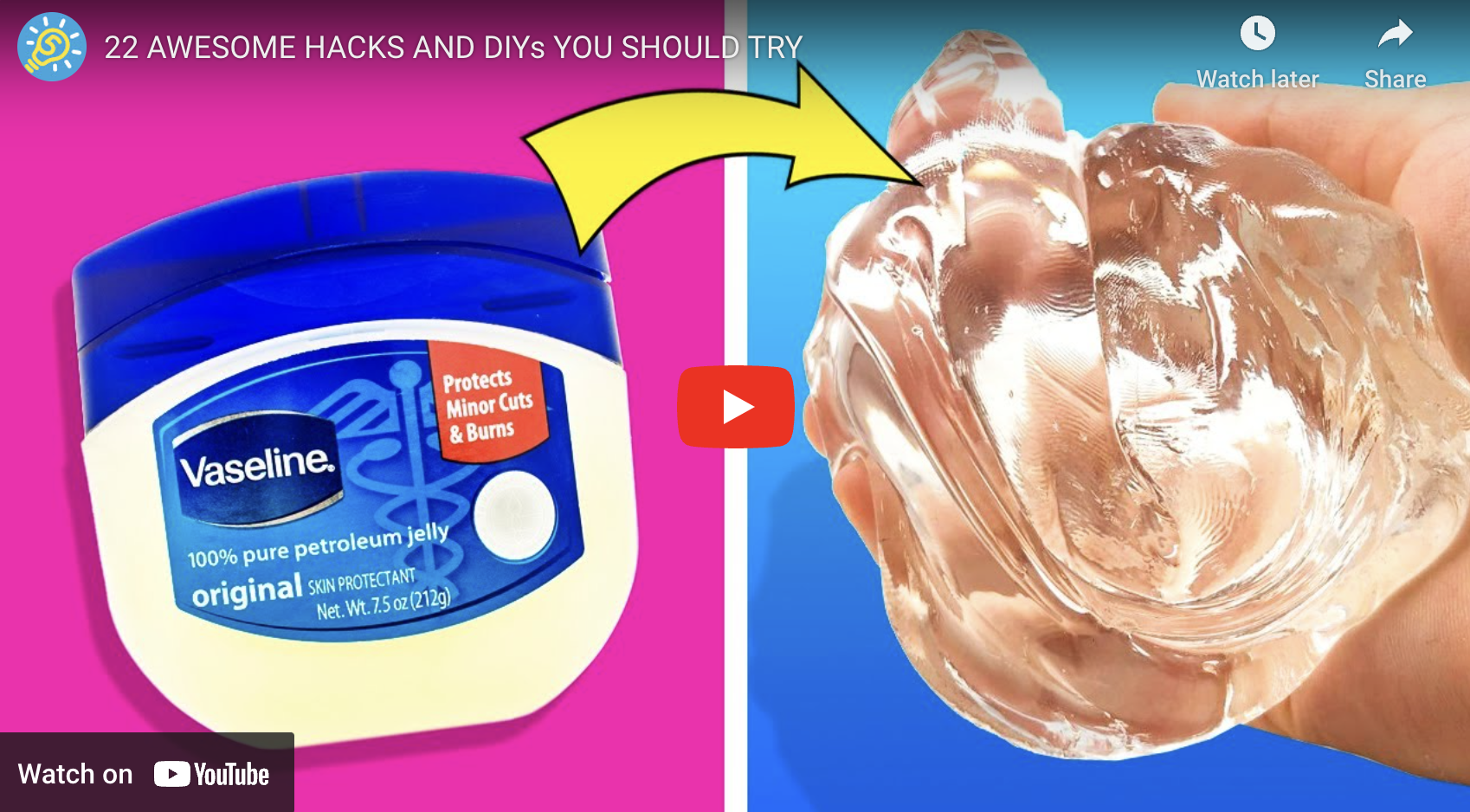When it comes to DIY projects around the house, there are plenty of tips and tricks that can help you save time and money. One common issue that many homeowners face is dealing with clogged drains. Whether it’s in the kitchen sink, bathroom sink, or shower drain, a clog can be a major inconvenience. One popular solution that some people turn to is pouring bleach down the drain. But is this really a safe and effective method? In this article, we will explore the pros and cons of using bleach in your drains, as well as provide some alternative solutions for keeping your pipes clear.
Trends:
1. Increasing Interest in Eco-Friendly Alternatives: With a growing awareness of the impact of chemicals on the environment, many people are looking for more natural and eco-friendly ways to unclog their drains. This has led to a rise in the popularity of DIY drain cleaning solutions that use ingredients like baking soda, vinegar, and essential oils.
2. DIY Drain Cleaning Videos on Social Media: Platforms like TikTok and Instagram have become popular hubs for sharing DIY tips and tricks, including how to unclog drains. Many influencers and content creators have posted videos demonstrating different methods for clearing a clog, including using bleach.
3. Rise in Home Renovation Projects: As more people spend time at home due to the pandemic, DIY home improvement projects have surged in popularity. This has also led to an increase in DIY plumbing projects, including attempts to unclog drains using household products like bleach.
4. Concerns About the Effectiveness of Bleach: While bleach is commonly used as a disinfectant and cleaner, there is some debate about its effectiveness in clearing drains. Some professionals argue that bleach may only temporarily mask odors and not actually break down clogs.
5. Emphasis on Preventative Maintenance: Many professionals recommend regular maintenance to prevent clogs from forming in the first place. This includes practices like using drain catchers, avoiding pouring grease down the drain, and running hot water through the pipes regularly.
6. Growing Interest in DIY Home Maintenance: With the rise of online tutorials and DIY blogs, more homeowners are taking on maintenance tasks themselves. This includes everything from unclogging drains to repairing leaky faucets, often using household items like bleach as a quick fix.
7. Concerns About Chemical Exposure: Some people are wary of using harsh chemicals like bleach in their drains due to concerns about exposure. This has led to a shift towards more natural and non-toxic alternatives for cleaning and unclogging drains.
Quotes:
1. “While bleach can help to disinfect and remove odors from drains, it may not be the most effective solution for clearing clogs. It’s important to consider the potential impact of harsh chemicals on your pipes and the environment.” – Plumbing Specialist
2. “I’ve seen cases where using bleach in drains has actually caused more harm than good, leading to corrosion and damage. It’s always best to consult with a professional before using any chemical cleaners.” – Home Maintenance Expert
3. “DIY drain cleaning can be a cost-effective solution, but it’s important to proceed with caution. Using bleach without proper knowledge of your plumbing system could result in costly repairs down the line.” – DIY Enthusiast
4. “There are plenty of natural alternatives to bleach that can help to keep your drains clear without the risk of chemical exposure. I always recommend starting with gentler methods before resorting to harsh cleaners.” – Environmental Health Consultant
Common Concerns and Answers:
1. Will bleach damage my pipes? Bleach is a harsh chemical that can cause damage to pipes over time, especially if used in large quantities. It’s best to use it sparingly and dilute it with water before pouring it down the drain.
2. Does bleach actually clear clogs? While bleach can help to break down organic matter and kill bacteria in drains, it may not be effective in clearing solid clogs like hair or food particles. For tougher clogs, a mechanical method like snaking or plunging may be more effective.
3. Can bleach react with other chemicals in the drain? Mixing bleach with other cleaning agents like ammonia can create toxic fumes. It’s important to avoid mixing bleach with other chemicals and always read product labels for safety information.
4. Is bleach safe for septic systems? Bleach can kill beneficial bacteria in septic systems, potentially disrupting the balance of the system. It’s best to use septic-safe alternatives for cleaning and unclogging drains in homes with septic tanks.
5. Will bleach harm the environment? Bleach is a chemical that can be harmful to aquatic life and ecosystems if it enters waterways. To minimize environmental impact, it’s best to use natural alternatives for cleaning and unclogging drains.
6. Can bleach remove foul odors from drains? Bleach can help to neutralize odors in drains by killing bacteria and mold that may be causing the smell. However, it may only provide a temporary solution and not address the underlying cause of the odor.
7. How often should I use bleach in my drains? It’s best to use bleach in drains sparingly, as frequent use can lead to damage and corrosion. Regular maintenance practices like using natural cleaners and flushing drains with hot water may be more effective for preventing clogs.
8. Are there natural alternatives to bleach for unclogging drains? Yes, there are several natural alternatives to bleach that can help to clear clogs and prevent odors. Baking soda, vinegar, lemon juice, and essential oils are all effective options for DIY drain cleaning.
9. Will bleach dissolve hair clogs in drains? While bleach can help to break down organic matter, it may not be effective in dissolving hair clogs. Mechanical methods like using a drain snake or plunger are more likely to be successful in clearing hair clogs.
10. Can bleach damage rubber gaskets in drains? Bleach can degrade rubber gaskets and seals over time, potentially leading to leaks and water damage. It’s best to avoid using bleach in drains with rubber components and opt for gentler cleaning methods.
11. Does bleach kill bacteria in drains? Yes, bleach is an effective disinfectant that can kill bacteria and mold in drains. However, it may not be effective in removing solid clogs or buildup that can contribute to foul odors and slow drainage.
12. Can bleach unclog a garbage disposal? Bleach can help to clean and disinfect a garbage disposal, but it may not be effective in clearing clogs caused by food waste. Mechanical methods like using a plunger or cleaning the disposal with baking soda and vinegar may be more effective.
13. Will bleach damage porcelain sinks and fixtures? Bleach is a harsh chemical that can damage porcelain sinks and fixtures if used in high concentrations. It’s best to dilute bleach with water and avoid prolonged contact with surfaces to prevent damage.
14. Is it safe to pour bleach down the toilet? Bleach can be safely used to clean and disinfect toilets, but it may not be effective in clearing clogs. For toilet clogs, a plunger or toilet auger is typically more effective in breaking up blockages.
In conclusion, while pouring bleach down the drain may provide a quick fix for odors and minor clogs, it’s important to consider the potential risks and limitations of using harsh chemicals in your plumbing system. Before using bleach or any other chemical cleaner, it’s best to consult with a professional to determine the most appropriate solution for your specific situation. By incorporating regular maintenance practices and natural alternatives into your routine, you can keep your drains clear and prevent costly repairs in the long run. Remember, a little prevention goes a long way when it comes to maintaining a healthy and efficient plumbing system.
![[Mom Prepared]](https://momwithaprep.com/wp-content/uploads/2024/12/cropped-momlogo-244x56.png)

